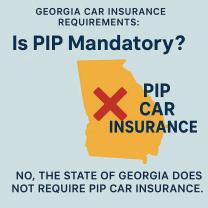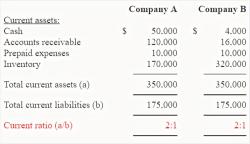Will IRS take my student loan refund?
The IRS typically doesn't take your entire tax refund solely for student loan debt. However, if you're in default on federal student loans, the government can intercept your tax refund through a process called a tax refund offset.
This means that the Department of Education can request the Treasury Department to offset your tax refund to repay your defaulted federal student loans. The amount taken can vary but might cover the full refund or a portion of it, depending on your specific circumstances and the amount owed.
It's essential to stay informed about your student loan status, especially if you're in default. You can contact the Department of Education or the loan servicer to discuss options for loan rehabilitation or other repayment plans to potentially avoid future tax refund offsets.
Can the IRS seize my student loan refund for repayment?
Whether the IRS can seize your student loan refund for repayment depends on several factors, including the type of student loans you have and your current loan status. Here's a breakdown:
Current situation with student loan collections:
- As of January 9, 2024, the US Department of Education has paused all federal student loan collections, including tax offsets to seize refunds. This pause is currently in effect until at least June 30, 2023**. This means the IRS cannot take your student loan refund for right now, regardless of your loan status.
Factors that could impact your refund after the collection pause ends:
- Type of student loans:
- Federal student loans: Only defaulted federal student loans are eligible for tax offset. If you are in default and the collection pause ends, the IRS could take your refund.
- Private student loans: The IRS cannot directly seize your refund for private student loans. However, your private lender could take other legal actions to collect, possibly involving your bank account or wages.
- Loan status: Whether your loans are in good standing, deferment, forbearance, or default will determine their eligibility for tax offset.
What to do if you are concerned about your student loan refund:
- Check your loan status: Contact your loan servicer(s) to confirm the status of your individual loans.
- Stay informed: Monitor updates from the Department of Education about the collection pause and potential changes to student loan repayment policies.
- Seek help if needed: If you are struggling with student loan debt, consider contacting a non-profit credit counselor or legal aid organization for assistance.
Remember, the collection pause only applies to federal student loans and is temporary. Once it ends, it's crucial to understand your loan status and explore options to avoid default if possible.
I hope this information helps clarify the situation regarding your student loan refund and the IRS. Please let me know if you have any further questions or need additional details.













